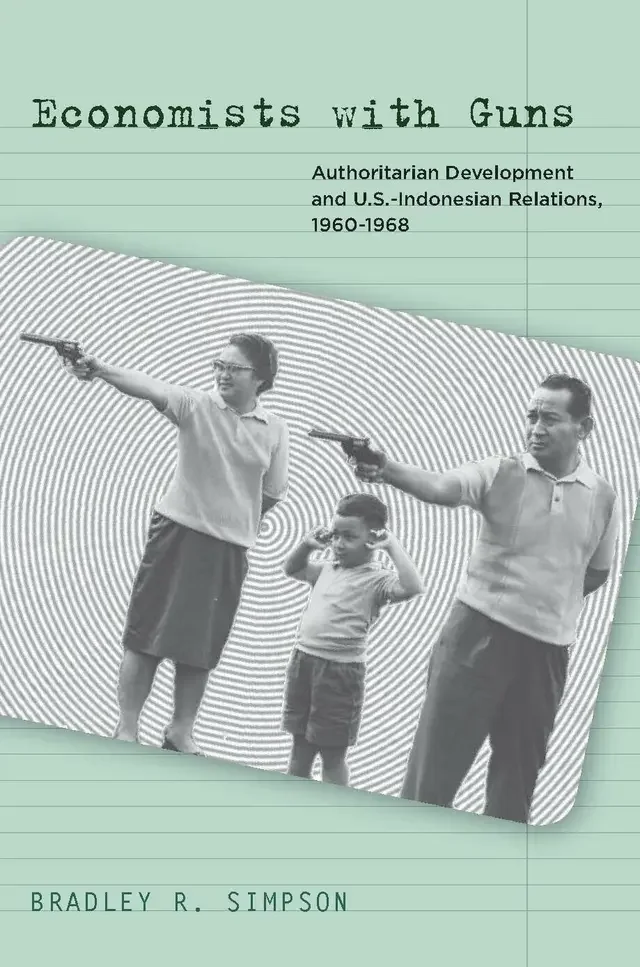The idea of self-determination is one of the most significant in modern international politics. For more than a century diplomats, lawyers, scholars, activists, and ordinary people in every part of the globe have wrestled with its meaning and implications for decolonization, human rights, sovereignty, and international order. The First Right argues that there was no one self-determination, but a century-long contest between contending visions of sovereignty and rights that were as varied and changing as the nature of sovereignty itself. Self-determination's meaning has often emerged not just from the United Nations but from the claims of movements and peoples on the margins of international society. Powerful states, he shows, persistently rejected expansive self-determination claims, arguing that these threatened great power conflict, the dissolution of international order, or the unravelling of the world economy.
Advance Praise
Offering the first comprehensive history of U.S relations with Indonesia during the 1960s, Economists with Guns explores one of the central dynamics of international politics during the Cold War: the emergence and U.S. embrace of authoritarian regimes pledged to programs of military-led development. Drawing on newly declassified archival material, Simpson examines how Americans and Indonesians imagined the country's development in the 1950s and why they abandoned their democratic hopes in the 1960s in favor of Suharto's military regime. Far from viewing development as a path to democracy, this book highlights the evolving commitment of Americans and Indonesians to authoritarianism in the 1960s on.
Reviewed by The American Historical Review, Far Eastern Economic Review, The Nation, History News Network, H-Diplo.org, Diplomatic History, Cold War History, Foreign Service Journal, The Journal of Development Studies, Majalah TEMPO


